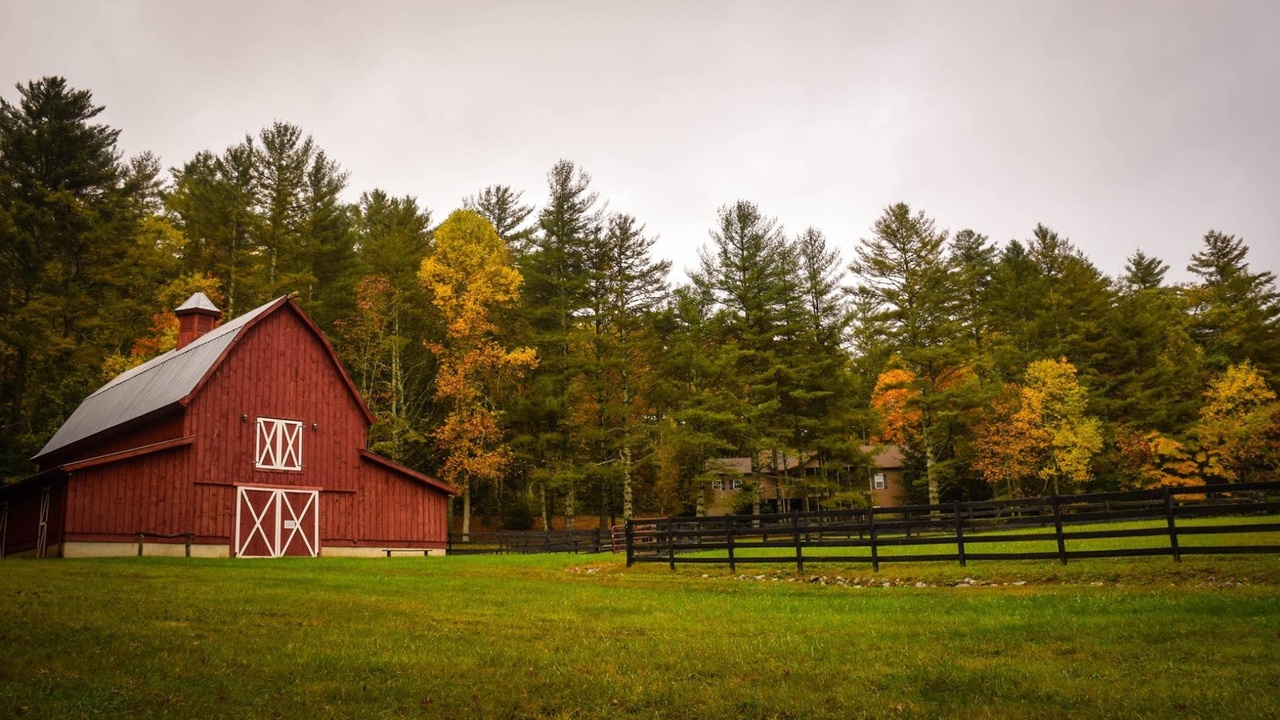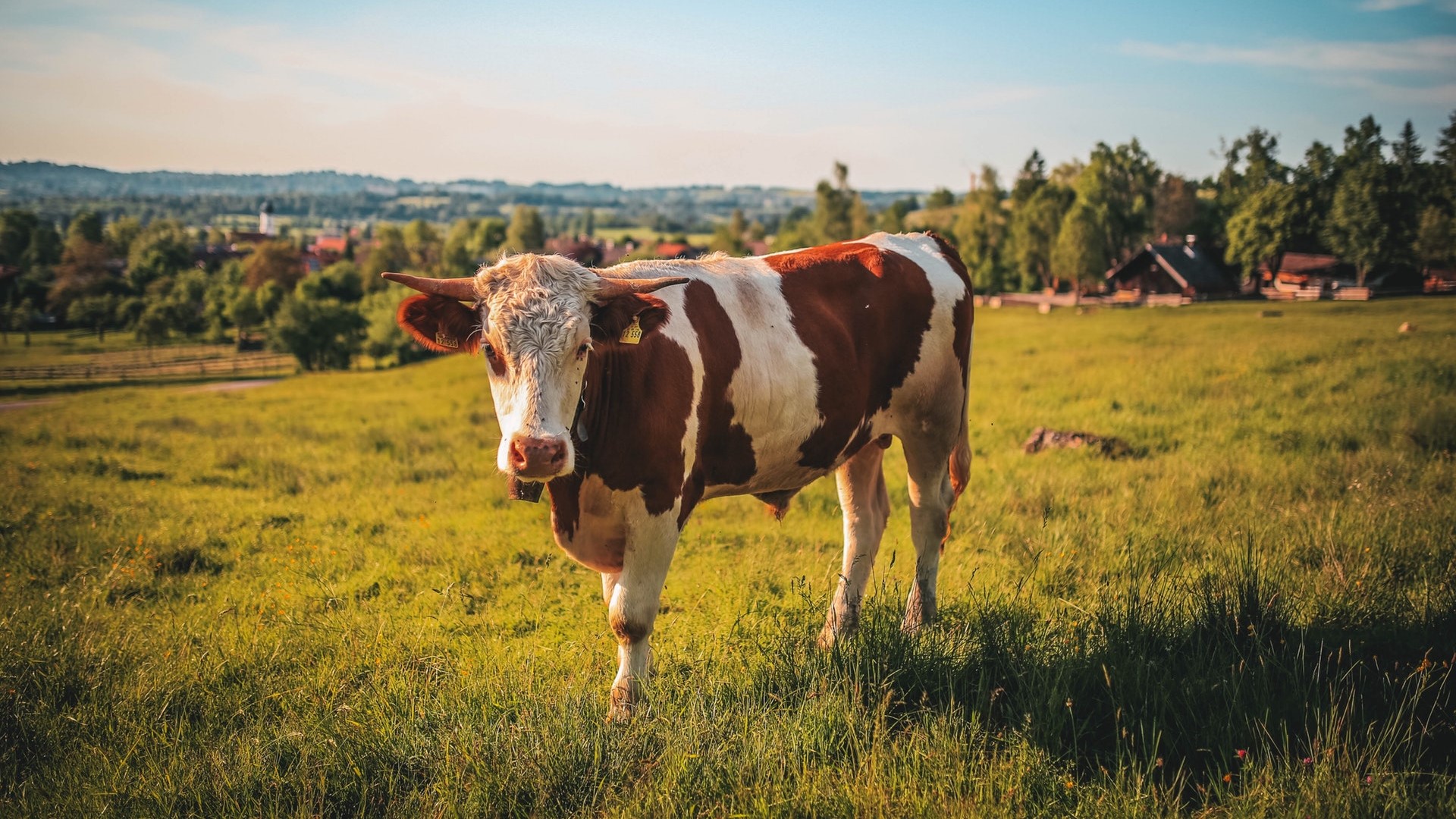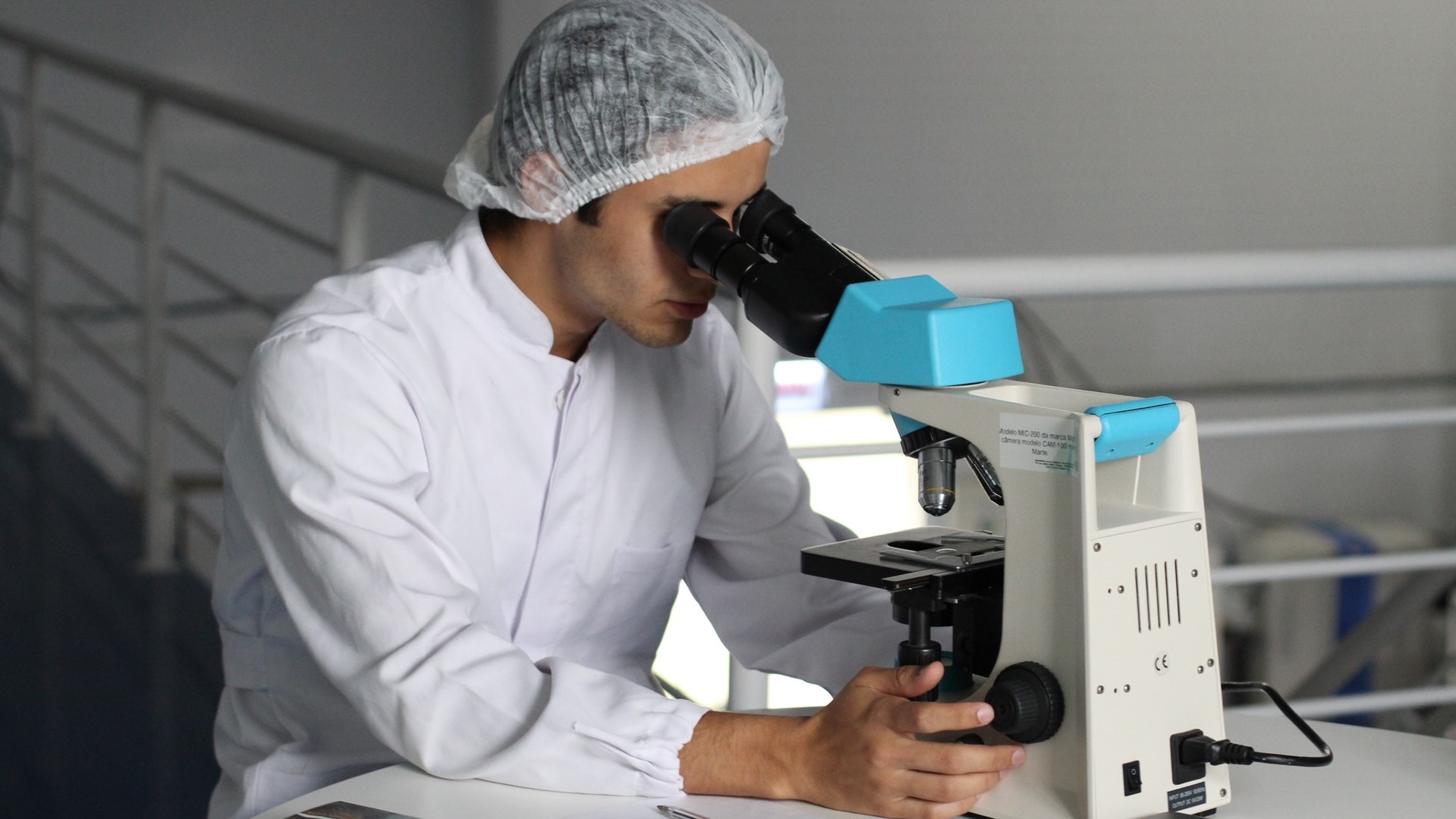April 2022: The Month in Review

Following the incredible start to the year, this April marked a strong start to the second quarter for the cellular agriculture field.
Interestingly, along with new funding and partnership announcements by companies in the field, this April marked significant government funding support to grow the cellular agriculture field.
From the largest funding round for a cell-based meat company to new scaling announcements, we look at what happened this April 2022 in cellular agriculture.
Investments
Upside Foods
Upside Foods announced the largest funding round to date for a cellular agriculture company: $400 million in Series C funding. Based in San Francisco, California, Upside Foods was the first startup founded to use cellular agriculture to produce cell-cultured meats. Formerly known as Memphis Meats, the company rebranded in May 2021.
 Upside Foods' cell-cultured chicken burger
Upside Foods' cell-cultured chicken burger
The first cell-based meat company to raise a Series C funding round, the financing was co-led by Temasek and Abu Dhabi Growth Fund. The funding round also featured a range of new and existing investors, including Synthesis Capital, Softbank, IndieBio, Cargill, and Tyson Foods.
According to the announcement, the funding round brings Upside Foods’ total funding to $608 million. In January 2020, Upside Foods raised its Series B round of $186 million, which, at the time, doubled all investments in cell-based meat companies. Upside Foods previously raised $17 million in Series A funding in 2017.
Upside Foods plans to use the funding round to build a commercial-scale production facility with a future capacity of tens of millions of pounds of its cell-cultured meat products. While the company aims to focus on chicken meat, Upside Foods plans to develop a facility that can produce any species of meat in both ground and whole cut formats.
In November 2021, Upside Foods opened its pilot facility, dubbed EPIC (Engineering, Production, and Innovation Center), producing up to 50,000 pounds of finished cell-based meat products per year with a future capacity of over 400,000 pounds annually.
In addition, the company plans to use the funding round to develop a supply chain for key ingredients in its cell culture media formulation. In December 2021, Upside Foods shared that its cell culture media formulation is free of animal components.
Interestingly, the company did not share if it was looking to produce the critical culture media components in-house or partner with a third party to source them.
Upside Foods also plans to expand its team and consumer education efforts as it looks to come to market. According to the announcement, pending regulatory approval in the US, Upside Foods plans to go to market this year in the US with its cell-cultured chicken meat.
CellMeat
South Korean startup CellMeat announced the company raised $8.1 million (10 billion KRW) in Series A funding to produce cell-cultured seafood. Investors in CellMeat’s funding round include BaulB, BNK Venture Capital, Strong Ventures, and Ryukyung PSG.
 Cell-cultured Dokdo shrimp prototype by CellMeat
Cell-cultured Dokdo shrimp prototype by CellMeat
The company plans to use the funding round to scale up the pilot production of its cell-cultured shrimp meat to 10kg per day from 5kg and expand into other kinds of seafood, including crustaceans. The company intends to enter Singapore as early as 2023 to explore the commercial launch of its products.
In December 2021, after sharing that the company removed fetal bovine serum (FBS) from its cell culture media formulation, CellMeat showcased the first cell-cultured Dokdo shrimp prototype. In February 2021, CellMeat raised approximately $4.5 million in pre-Series A funding to produce its cell-based meat and seafood.
Planetary
Bioreactor technology will need to advance to help companies produce at a larger scale for the cellular agriculture field to be commercially viable. New startup Planetary announced $8.1 million (CHF 7.5 million) in seed funding to help acellular agriculture companies (also known as precision fermentation) scale production.
One of the largest seed funding rounds for a European foodtech startup, the funding round was led by Astranor Ventures. Planetary aims to address the scale-up challenges by providing industrial-scale bioprocessing capacity to enable fermentation players to scale up and mass-produce their products at low costs.
One of the co-founders, David Brandes, previously co-founded Peace of Meat, which MeaTech 3D acquired in 2020.
Bon Vivant
At the start of April, Bon Vivant announced raising €4 million in seed funding. Based in Lyon, France, Bon Vivant is a new startup that uses acellular agriculture (also known as precision fermentation) to produce dairy proteins directly from cell cultures.

Having developed an initial prototype of its dairy proteins at the lab scale, Bon Vivant plans to use the funding round to accelerate its research and development work and product development. Once the startup develops a process to scale production, Bon Vivant aims to establish strategic partnerships with players in the food industry.
Investors in Bon Vivant’s seed funding round include Alliance for Impact, High Flyers Capital, Kima Ventures, Founders Future, and Picus Capital.
Unicorn Biotechnologies
At the end of April, the startup Unicorn Biotechnologies announced $3.2 million in seed funding to develop its bioreactor technology platform to advance the cell-based meat field. Based in the UK, Unicorn Biotechnologies is a new startup looking to develop bioreactors for mammalian stem cells to help other companies scale out the production of cell-cultured meat.
An essential part of the cell-based meat supply chain, a bioreactor is a chamber that houses the cell culture media and cells to promote the growth and differentiation of cell lines to cell-based meat.
 Unicorn Biotechnologies co-founders Dr. Adam Glen and Jack Reid
Unicorn Biotechnologies co-founders Dr. Adam Glen and Jack Reid
According to the announcement, Unicorn Biotechnologies’ funding round was led by Acquia Capital and also featured investments from Marinya Capital, SOSV, and CULT Food Science. The startup previously received pre-seed funding from SOSV’s HAX accelerator and Entrepreneur First.
For the cellular agriculture field to scale, developing large-scale bioreactors is paramount. Essentially, bioreactors are where all the parts of scaling cell-based meat production come together. And currently, no large-scale bioreactors exist in the field.
Unicorn Biotechnologies aims to address the bioreactor challenge when developing its biomanufacturing process by automation and modularity in scaling.
Compared to bioprocessing models where companies aim to scale-up cell-based meat production through larger bioreactors, Unicorn Biotechnologies aims to develop a modular bioreactor approach to help companies scale-out production instead.
In this way, Unicorn believes a modular bioreactor approach can help companies use smaller bioreactor systems in parallel to reach the desired scale and volume. In addition, coupled with automated processes, the startup believes its bioprocessing approach may be easier to control and customize.
Moving forward, Unicorn Biotechnologies aims to use the funding round to expand its team and provide a proof of concept scale machine capable of producing kilograms of cells by the end of the year. The company also aims to launch pilot projects with partners by early 2023.
Dutch Government Announces Funding to Develop Cellular Agriculture Ecosystem
The Dutch government announced €60 million ($65.4 million) in public funding to support the formation of a cellular agriculture ecosystem in the Netherlands.

The largest public funding to date for the cellular agriculture field, the funding was awarded to the newly launched Cellular Agriculture Netherlands organization through the Dutch National Growth Fund. A consortium of 12 partners, Cellular Agriculture Netherlands consists of Dutch universities, startups, NGOs, and value chain partners, including cell-based meat companies Meatable and Mosa Meat.
According to the announcement, the public funding is the first step towards a larger growth plan to develop a cellular agriculture ecosystem in the Netherlands. The growth plan aims to initiate cellular agriculture education programs, stimulate public research programs, and establish publicly accessible scale-up facilities for cellular agriculture companies.
The growth plan will also explore societal integration for farmers and consumers and develop a cellular agriculture innovation hub in the country. The larger growth plan may lead to €252-€382 million in funding to establish a cellular agriculture industry in the Netherlands.
Regarding regulation, the announcement notes that individual companies will still need to obtain regulatory approval to sell their products in Europe through the European Novel Foods procedure.
Moving forward, Cellular Agriculture Netherlands aims to shape its executive team and governance structure to start executing the proposed growth plan. In addition, with funds expected to become available by the end of 2022, the consortium will reach out to potential partners in the country to execute the programs.
Israeli Research Association Receives $18 Million Grant for Cell-Based Meat Research
At the end of April, a consortium of 14 companies and ten academic labs in Israel received a massive grant of $18 million from the Israel Innovation Authority. The grant aims to develop more efficient, cost-competitive production methods for cell-based meat and pilot scale-up opportunities.

The establishment of the consortium was led by Good Food Israel grantee Gaya Savion and Tnuva Group, the largest Israeli food manufacturer. Other companies in the consortium include Aleph Farms and SuperMeat, as well as research institutions like the Technion, Hebrew University, and Tel Aviv University. In January 2022, Tnuva Group partnered with Pluristem Therapeutics to produce cell-based meat in Israel.
Furoid Receives EU Grant for Cell-Cultured Fur
Cellular agriculture can be used to produce a range of products beyond food, including biomaterials like fur. This month, Amsterdam-based company GeneusBiotech received a grant of EUR 4 million from the European Commission in the Pathfinder Challenge for its Furoid technology to produce animal wool and fur directly from cell cultures. The Evaluation Committee found that Furoid “is highly ambitious and novel, and has the potential to represent a significant technology advancement beyond the current state of the art.”
Opalia and Liven Proteins Receive Canadian Grant Funding
What will the future of food look like in Canada? Future food startups Opalia and Liven Proteins received funding from Sustainable Development Technology Canada (SDTC) as two of 26 promising startups across Canada to fight climate change and improve the well-being of people within the country.

Liven Proteins focuses on producing cell-cultured gelatin via acellular agriculture (also known as precision fermentation) to improve the texture and mouthfeel of plant-based meat and dairy alternatives. Formerly known as BetterMilk, Opalia is a cell-based dairy startup that recently removed fetal bovine serum from its cell culture media formulation in March 2022.
IntegriCulture Launches Food-Grade Basal Media for Chicken and Duck Liver
Japanese cellular agriculture company IntegriCulture announced the commercial launch of its animal-free cell culture media formulation to produce cell-based meat. Through its CulNet platform system, IntegriCulture successfully cultivated both chicken and duck liver-derived cells in a food-grade and animal serum-free basal media formulation.
 IntegriCulture's CulNet system
IntegriCulture's CulNet system
IntegriCulture claims the cost of using its basal medium, called I-MEM, and the CulNet system is estimated to be about 1/60th of a cell culture medium containing animal serum. IntegriCulture plans to launch its basal medium this fall and aims to launch its cell-cultured foie gras product this year as its first cell-cultured meat product.
Bluu Seafood and CellX Announce Strategic Partnership
Cellular agriculture companies Bluu Seafood and CellX announced a strategic partnership to support each other as they look to commercialize and expand globally.
Formerly known as Bluu Biosciences, Bluu Seafood is the first European startup to focus on cell-cultured seafood in Germany. Based in Shanghai, China, CellX is a cell-based meat startup that showcased its pork prototype at the start of September 2021.
 Cell-based pork prototype by CellX
Cell-based pork prototype by CellX
According to the announcement, the two companies will support each other along the whole cell-based meat value chain when expanding into their respective markets. From procurement of raw materials to construction of production facilities, Bluu Seafood and CellX plan to jointly establish supply partnerships and promote consumer acceptance of cell-based meat and seafood.
Interestingly, this is the first time two cell-based meat and seafood companies from different regions have announced a partnership.
Considering that Bluu Seafood and CellX also hold positions within their respective regulatory coalition, Cellular Agriculture Europe and APAC Society for Cellular Agriculture, respectively, the companies also plan to engage regulatory stakeholders and advocate for a clear regulatory pathway to market for their products.
Wanda Fish Announces Partnership with Tufts University
New Israeli startup Wanda Fish signed two agreements with Tufts University to advance its goals of producing cell-cultured fish. Under the licensing agreement, Wanda Fish will gain exclusive rights to specific intellectual property in fish cell cultivation developed by Tufts University researcher and professor David Kaplan.
In addition, Wanda Fish signed a two-year sponsored research agreement with Tufts University to support Kaplan’s research into cell-cultured fish tissue.
Along with the research and license agreement, Wanda Fish recently raised $3 million in pre-seed funding. One of the largest funding pre-seed funding rounds to date for a cellular agriculture startup, the funding round was led by The Kitchen FoodTech Hub. It also featured investments from Peregrine Ventures, CPT Capital, and More VC.
Perfect Day Acquires and Launches Facility in India, Utah
Cell-cultured dairy company Perfect Day announced its plans to acquire the Indian company Sterling Biotech in the liquidation process following the insolvency of the biotech manufacturer. The reported final figure in the auction bid was INR 638 crore (USD 82.4 million). By acquiring Sterling Biotech, Perfect Day gains three manufacturing plants in India, including two plants in Gujurat and a third in Tamil Nadu. The move could signal Perfect Day’s planned Indian expansion as the company looks to grow beyond the US.
 Perfect Day's cell-cultured dairy proteins can produce a range of products
Perfect Day's cell-cultured dairy proteins can produce a range of products
In addition, along with the new facility in India, Perfect Day announced that the cell-cultured dairy company will set up a second facility in Salt Lake City, Utah. Based in The Gateway’s BioHive center, the new facility will be nearly 60,000 square feet. According to the announcement, the new facility will help Perfect Day expand its Enterprise Biology platform, enabling other companies to scale-up production using Perfect Day’s cell-cultured dairy platform and IP licensing and strain services.
The company first announced its Enterprise Biology arm during its latest funding round of $350 million in September 2021. At the time of the announcement, Perfect Day shared that it previously acquired bioprocess scale-up facility SBF Inc. in Logan, Utah, in mid-2020.
Remilk to Build Largest Cultured Dairy Facility in Denmark
Cell-cultured dairy company Remilk announced plans to build its first fully-owned facility in Kalundborg, Denmark. Spanning 750,000 square feet, Remilk claims that this will be the largest facility of its kind in the world for acellular agriculture (also known as precision fermentation).
 Remilk's cell-cultured dairy
Remilk's cell-cultured dairy
Remilk shared that the decision to set up in Denmark was strategic, based on the location’s approach to industrial sustainability and support from the city and the Danish government. The dairy startup also shared that it focuses on cell-cultured casein and whey dairy proteins and aims to focus on a B2B commercial strategy. In January 2022, Remilk raised $120 million in Series B funding.
Interestingly, regarding regulation and commercial launch, the company said having a facility in Europe does not imply that it is automatically targetting Europe for initial market entry.
Mogale Meat Showcases Cell-Cultured Chicken
South African cell-based meat company Mogale Meat showcased its prototype of a cell-cultured chicken piece. The first cell-based chicken showcase in South Africa and the broader African continent, Mogale Meat aims to highlight how cell-based meat can develop a more sustainable future food system. While showcasing cell-cultured chicken meat, Mogale Meat also aims to create cell-based meat from free-roaming livestock and wildlife, such as cattle and antelope.
 Mogale Meat's cell-cultured chicken prototype
Mogale Meat's cell-cultured chicken prototype
Mzansi Meat Produces Beef Prototype
What will the future of food with cellular agriculture look like in Africa? Last week, South African cell-based meat company Mzansi Meat showcased the first cell-based beef prototype in the country and continent. Showcased as a cell-based beef burger, Mzansi Meat shared that the company also plans to develop sausages to go with its burger. Moving forward, Mzansi Meat intends to scale up its production platform and move into a pilot production facility.
 Mzansi Meat's cell-based beef burger prototype
Mzansi Meat's cell-based beef burger prototype
Aleph Farms Launches Next Mission to Space
On April 6th, cell-based meat company Aleph Farms launched its next mission to space. After growing the first piece of cell-based meat in outer space in October 2019, Aleph Farms shared it is part of the Rakia Mission, the first all-private commercial mission to the International Space Station. The mission’s goal is to explore the effects of microgravity on the proliferation and differentiation of cow cells to produce a cell-cultured steak.
 In October 2019, Aleph Farms grew the first piece of cell-cultured meat in outer space
In October 2019, Aleph Farms grew the first piece of cell-cultured meat in outer space
Aleph Farms partnered with SpacePharma and loaded its cells into SpacePharma’s SPAd system, a Lab-On-a-Chip device, to conduct its experiments in outer space. Once SpacePharma’s device is brought to the International Space Station, the Lab-On-a-Chip will be loaded into the ICE Cubes platform in the European Columbus Module.
According to Aleph Farms, understanding the processes of how its cells grow in extreme conditions like outer space will allow the company to eventually develop automated, closed-loop systems that can produce its cell-cultured steak during long-term space missions.
CellCrine aims to Reduce the Cost of Cell Culture Media
One of the major scaling challenges for the cell-cultured meat ecosystem is scaling the production of an inexpensive and animal-free cell culture media formulation. New startup CellCrine aims to develop a cell culture media formulation that, according to the team, significantly reduces its cost for cell-cultured meat companies.
The new startup claims its formulation reduces the need for other growth factors and recombinant proteins by 90% or more. Using its media formulation, CellCrine has established four stem cell lines - two for chicken cells and two for pork cells. CellCrine is a member of IndieBio’s 12th cohort, a life science accelerator program through which many cellular agriculture startups first began.
New Scaffolding Startups Emerge Through Y Combinator
In order to scale and come to market, one area that the cellular agriculture field needs to address is scaffolding production. Similar to how scaffolding helps support buildings under construction, scaffolding for cell-based meat provides structural support for the cells to develop into complex meat products like steaks or chicken breasts.
New startups MicroMeat and Mooji Meats recently went through the Y Combinator accelerator program and aim to develop scaffolding and scaling technologies to support the cellular agriculture ecosystem. MicroMeat shared that the startup already raised $375,000 in pre-seed funding while Mooji Meats is raising its financing round.
Wilk Joins Cellular Agriculture Europe
Cell-based dairy company Wilk (formerly known as BioMilk) shared that the startup joined the Cellular Agriculture Europe organization to help bring cellular agriculture food products to market in Europe. An organization representing cellular agriculture companies in Europe, Wilk is among several Israeli companies to join the organization.
Interestingly, Wilk is the first company to join the organization focusing on dairy production. The other members of Cellular Agriculture Europe all aim to produce cell-based meat or seafood. In April 2021, Wilk became the first publicly traded cellular agriculture dairy company by listing on the Tel Aviv Stock Exchange.
New Cellular Agriculture Organization Launches in China
On April 19th, the first China Cellular Agriculture Forum was held, and it featured attendees from thirty organizations representing cell-cultured meat and seafood companies, research institutions, and ecosystem builders. The Forum aims to advocate for science-based regulatory policies, facilitate public acceptance of cellular agriculture, and reach consumer consensus on industry best practices for the field in China.
The Forum also hopes to unite stakeholders across the field to establish a China-focused industry platform. In January 2022, China’s Ministry of Agriculture and Rural Affairs published its 5-Year Agricultural Plan and included cell-cultured meat on its plan.
Motif FoodWorks Countersues Impossible Foods over IP
In a field as novel as the future food field, intellectual property is a key way for companies to advance their work and raise capital. Following plant-based meat company Impossible Foods’ lawsuit against Motif FoodWorks, the latter has challenged the former’s initial patent by filing a petition with the US Patent and Trademark office.
According to Motif, Impossible Foods’ initial patent should not have been issued. Impossible Foods dismisses Motif’s submission to the US Patent Office and states it is a distraction from the initial lawsuit. As the legal proceedings advance, will we see more lawsuits as companies move from collaborators to competitors?
Conclusion

From a range of new funding announcements to new partnerships and facility announcements, April marked an incredible start to the second quarter for the cellular agriculture field. With the most significant funding round to date in Upside Foods’ Series C financing, the field’s investment landscape continues to grow as it looks to market.
Along with all the private investments, it is promising to see governments announce funding initiatives to support the cellular agriculture field. From an $18 million grant in Israel to EU and Canadian funding for early-stage startups, government support will be vital to growing the broader sector and developing ecosystems around future food technologies.
In particular, as one of the leaders in the cellular agriculture field from its early days, it’s promising to see the Dutch government take the initiative to develop a cellular agriculture ecosystem. From supporting public research and outreach to company scale-up, this could be the proactive initiative required to position the Netherlands as a leading global hub for the field.
In addition, as the field continues to grow and companies look to come to market worldwide, we will likely see more partnerships and collaborations among companies within the field, similar to the partnership between CellX and Bluu Seafood.
Previously, in August 2021, Vow and Nourish Ingredient announced a partnership to blend their cell-cultured products to develop cell-based meat. In July 2020, IntegriCulture and Shiok Meats announced a partnership to help scale the production of Shiok Meat’s cell-based shrimp meat through IntegrCulture’s CulNet system.
Stay connected with CellAgri
Join our mailing list to receive the latest news and updates weekly from the cellular agriculture industry. Your information will not be shared.



